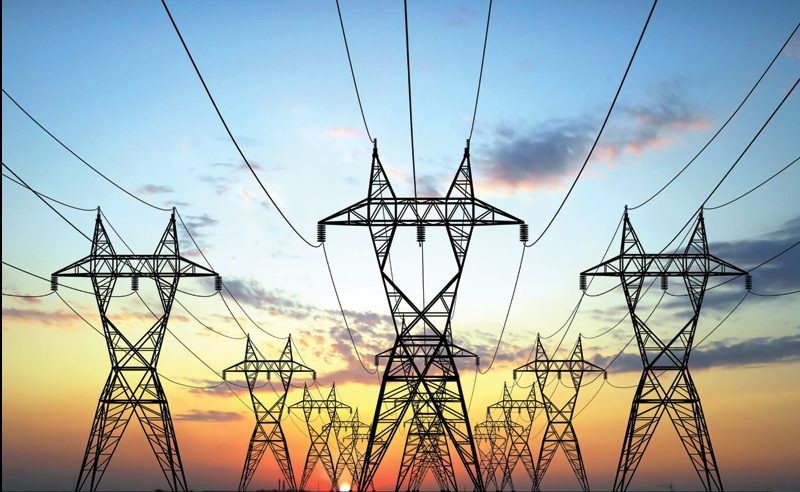"Kano State at a Crossroads: Strengthening Electricity Safety and Investment Frameworks to Prevent Disasters and Boost Growth"

*By Engr. Dr. Abdurrahman Umar Lawan* Kano, Nigeria – May 1, 2025*
In the wake of rising fire outbreaks linked to faulty electrical and renewable energy installations, Kano State is facing mounting pressure to enact urgent legislative and policy reforms. Experts warn that without swift action, the state risks further disasters and missed economic opportunities in its rapidly evolving energy sector.
**The Urgent Need for Electricity Safety Standards**
Recent reports highlight a disturbing trend: 112 electricity-related deaths nationwide, as disclosed by Nigeria’s Chief Justice, Justice Kudirat Motonmori Olatokunbo Kekere-Ekun, on April 28, 2025. This alarming statistic underscores the critical need for stricter enforcement of safety regulations, particularly in Kano, where off-grid solar systems and electric mobility (e-bikes) are gaining traction.
Governor Abba Kabir Yusuf’s administration has taken initial steps, with the Kano State House of Assembly proposing a new electricity regulatory agency in line with the Nigerian Electricity Act 2023. However, experts argue that legislation alone is insufficient—the state must implement a **State Solar and Renewable Energy Installation Safety Bill** to mandate technical standards for public institutions such as markets (Kantin Kwari, Sabon Gari, Dawanau), schools, and hospitals.
Dr. Lawan, an energy policy advocate, emphasizes that enforcement should involve partnerships with the **Nigerian Electricity Management Services Agency (NEMSA)** to ensure rigorous inspections. Additionally, he calls for **local technician training programs** to bridge capacity gaps and boost investor confidence.
**Investment Opportunities Demand Stronger Governance**
Kano’s potential as a renewable energy leader is attracting international attention. Recent Memoranda of Understanding (MoUs) with Moroccan investors and a **$23.5 million initiative** under the **Governor’s Initiative to Energize the Economy of Kano State (GEEKS)**, supported by the Tony Blair Institute for Global Change (TBI), signal growing interest. Yet, without a **clear regulatory framework**, these opportunities may stall due to bureaucratic delays or policy inconsistencies.
To secure long-term investment, Kano must:
1. **Establish a functional Kano State Electricity Regulatory Commission** to oversee licensing, tariffs, and standards.
2. **Create a structured electricity market** backed by a **Renewable Energy Installation Safety Bill**.
3. **Streamline public-private partnerships (PPPs)** to avoid political bottlenecks.
4. **Launch a Strategy, Policy, Sustainability, and Outreach (SPSO) Directorate** under the Ministry of Power and Renewable Energy to align with global sustainability goals.
**The Path Forward**
Governor Yusuf’s swift response to water shortages sets a precedent for proactive governance. Replicating this urgency in the energy sector could position Kano as **Nigeria’s leading sub-national power hub**.
“The time for action is now,” says Dr. Lawan. “Strong regulations will not only prevent tragedies but also unlock Kano’s economic potential.”
As the state navigates this critical juncture, the convergence of **safety reforms** and **investment-friendly policies** will determine whether Kano emerges as a model for Nigeria’s decentralized energy future—or falls behind in a rapidly evolving landscape.
About the Author
Engr. Dr. Abdurrahman Umar Lawan is a Senior Academic at the Department of Electrical Engineering, Bayero University Kano (BUK), and a Senior Fellow at the Center for Renewable Energy and Sustainability Transitions, BUK. A leading electricity and energy policy advocate, he provides technical consultancy on sustainable energy transitions.
Contact: 09079958927

